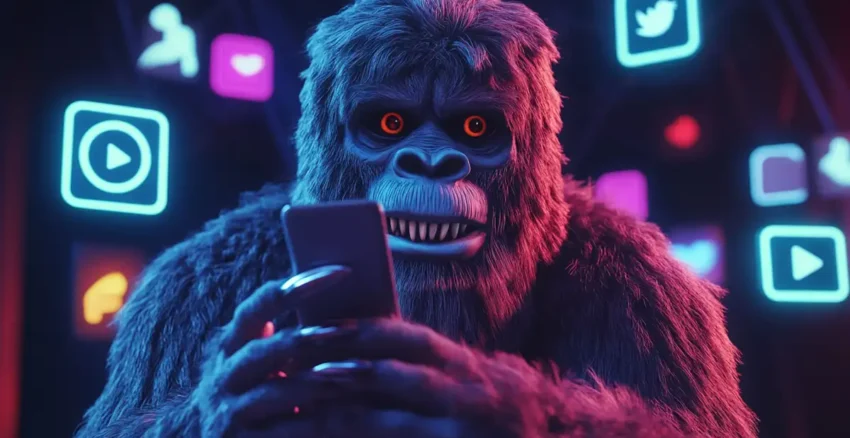Welcome to Inflect.in — Where Lifestyle Meets Information.
We are not just a platform; we're a movement that blends news, trends, and lifestyle into one engaging space. Inflect.in is built for the curious, the inspired, and the expressive. Whether you're here for daily inspiration, smart tips, trending updates, or to just explore the vibe — you've landed in the right place.
What We Cover:
Inspire: Motivational stories, art, people, ideas
Notify: Breaking updates, headlines with context
Feature: Spotlight on creators, startups, innovations
Lifestyle: Health, fashion, wellness, tech, food
Engage: Polls, Q&As, conversations that matter
Connect: Community, culture, collaborations
Trend: Viral moments, design, digital evolution
📍 Built on vibes. Fueled by creativity. Designed to connect.
Join the journey. Reflect. React. Inflect.












